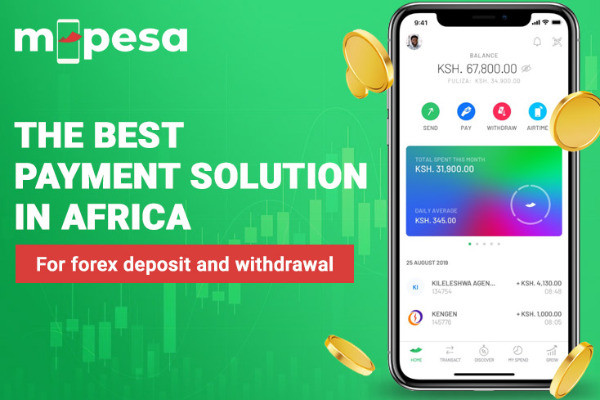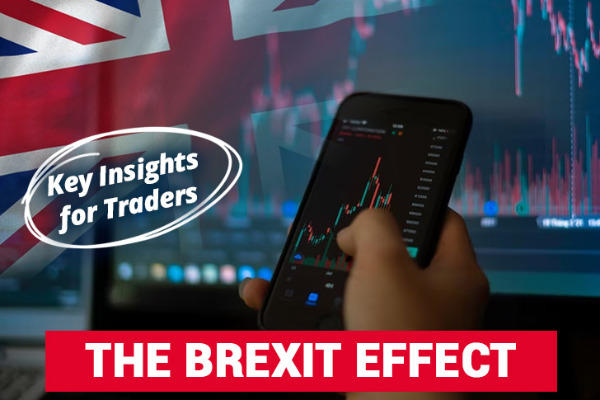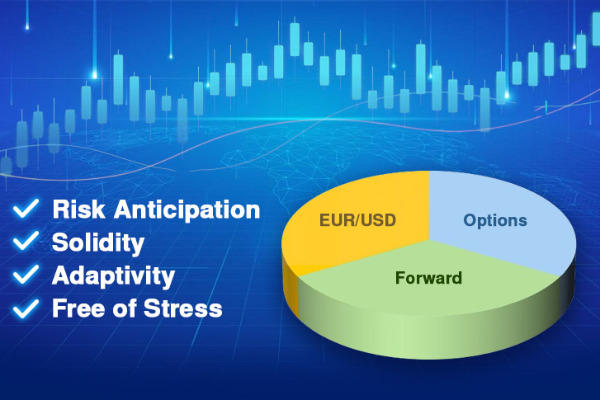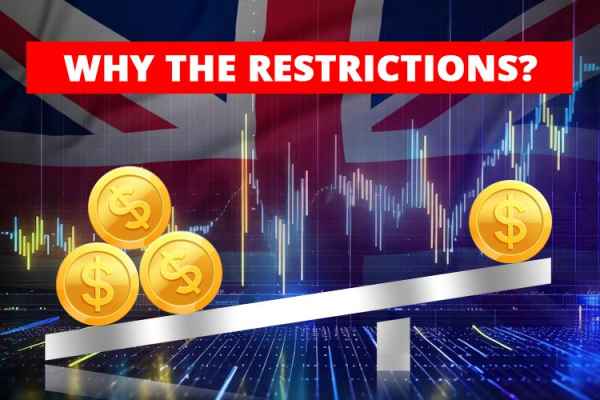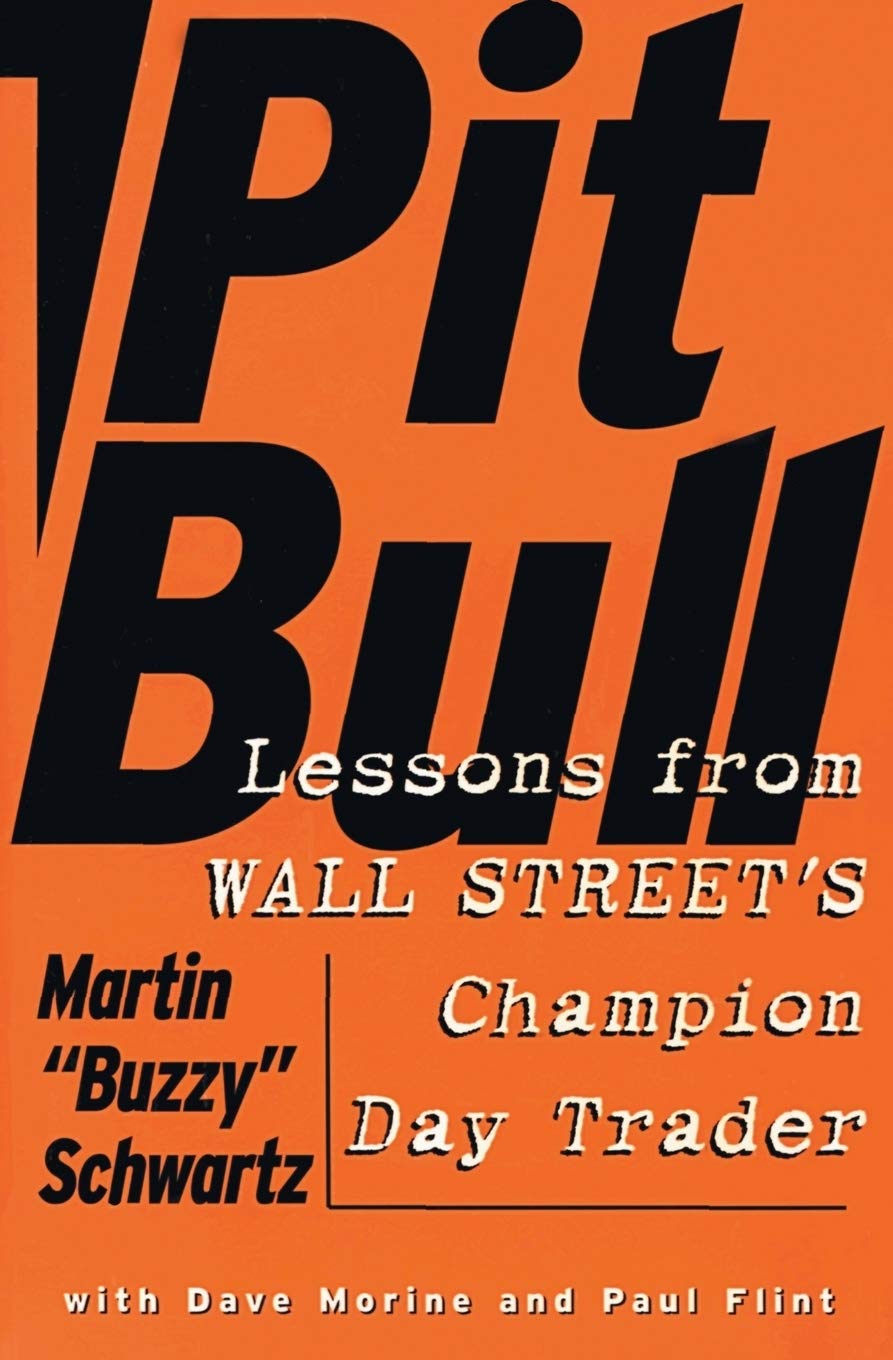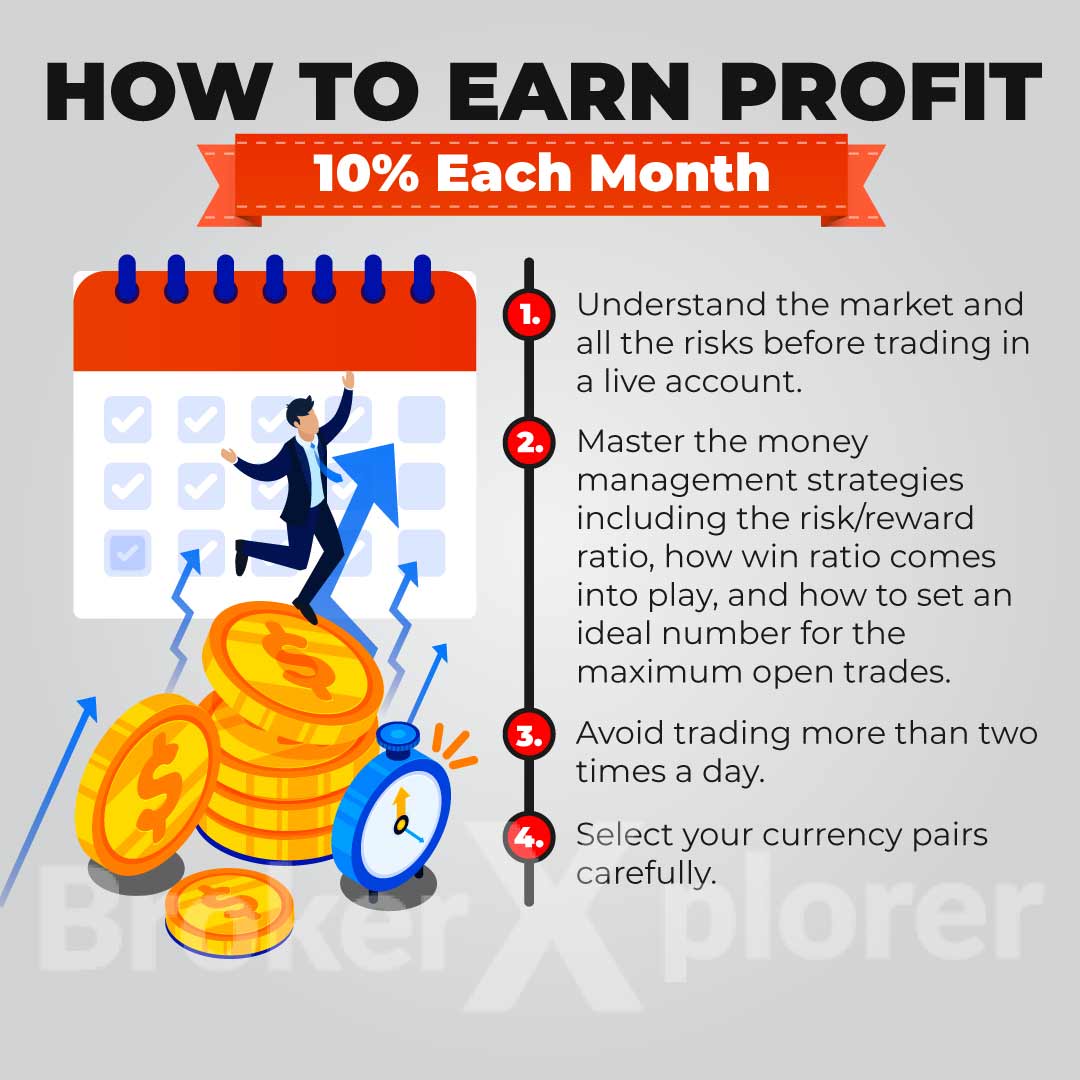The Endowment Effect in trading can trigger you to behave irrationally, and its impact can directly affect your trading decisions. How can you overcome it?
Are you familiar with the term "endowment effect"? In the early 1970s, an economist named Richard Thaler introduced the idea of the "Endowment Effect" to describe humans' tendency to assign a higher value to things they own.
Researchers believe this is partly because letting go of something you possess feels like a loss. Naturally, we do not like to lose. This is what is referred to as the endowment effect. So, what is the connection to the world of trading?
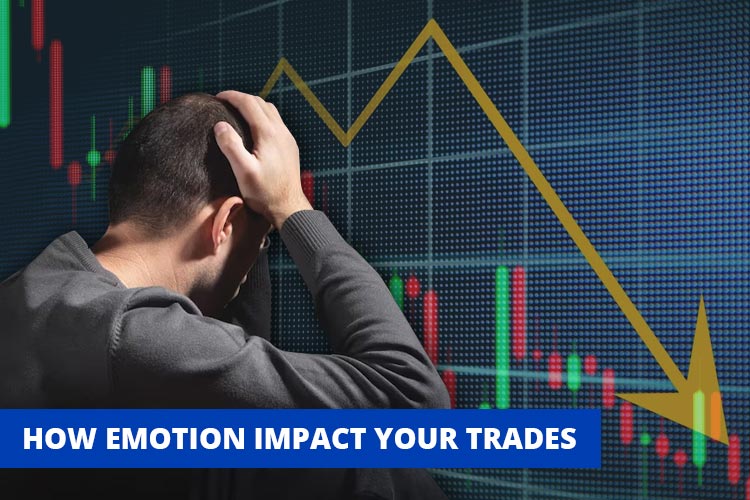
The Definition of Endowment Effect
In the context of self-development, the endowment effect is a psychological condition in which a person values their ideas, concepts, or beliefs too highly. As a result, they may cling to them even if they are no longer relevant.
For example, Ms. A received a beautiful and charming necklace. She often wears it to various events. One day, while wearing the necklace to a social gathering, someone named Ms. B suddenly approached her and asked, "Ms. A, your necklace is so beautiful. Would you be willing to sell it?"
Ms. A, who had no idea about the necklace's value, replied, "How much are you willing to pay?" Ms. B responded, "If you let it go for $20,000, I can transfer the money right now."
Hearing this answer, Ms. A was surprised. She didn't know that the necklace was worth so much. She thought the necklace was worth only around $5,000. As a result, she was unwilling to let it go.
Several months later, Ms. A was in desperate need of money. She tried to sell the necklace, hoping to get at least $15,000. However, nobody was willing to buy the necklace, not even for $5,000. She regretted not selling it to Ms. B.
This illustration is an example of the endowment effect. Ms. A's irrational tendency to overvalue her necklace made her unwilling to let it go (loss aversion).
In the context of self-development, the endowment effect can cause you to be trapped in incorrect ideas, concepts, or beliefs. You may overvalue something you possess, even though it may be worthless or no longer in demand.
Understanding Endowment Effect in Forex Trading
The endowment effect might cause a psychological bias in forex trading. For example, a trader tends to value their opinion more than others. However, their opinion may not necessarily be better. There is a possibility that the opinion is wrong, but the trader is not aware of it because they are trapped in the endowment effect.
This is in line with the principles of behavioral economics popularized by Thaler. The basic premise of behavioral economics is that humans are irrational and tend to involve emotions in making economic decisions.
Involving emotions in forex trading will only lead to negative results; traders may be inclined to do other things, such as overtrading. Psychological biases arising from emotions will make their decision-making no longer objective or rational. These biases will also trigger systematic errors. Ultimately, traders may slip until they receive a margin call.
For traders, the forex market is like a judge, jury, or boss that holds the final decision. No matter how convincing, placing orders based on a hypothesis does not guarantee that the price action will move as desired. This is why traders must have a flexible attitude toward trading biases.
Unless traders are ready for all scenarios that may occur in trading, they must always be prepared to make adjustments. The goal, of course, is to protect the profits they have earned. Once they have gained a profit, they should immediately exit.
The simplest example of the endowment effect in trading is when traders open a buy position for EUR/USD, and a few moments later, the price drops. Due to the endowment effect, traders do not immediately cut their losses. They still give a higher value to the analysis underlying their previous buy position, so they continue to hold the position even though the EUR/USD price continues to drop.
Avoiding Endowment Effect in Trading Tips
If you are still trapped in the endowment effect, several exercises can help you change that habit, such as the following.
Look From Another Perspective
The first tip is to start by looking at your trading research from a broader perspective. Don't just focus on one thing. Try to see other things that may also impact the trading scenario. For example, don't just focus on central bank decisions. Look at other economic data releases that may impact more than central bank decisions.
Routinely Monitoring the Situation
Placing an order is not the end of your trading journey. The next task is to monitor the situation closely since forex market movements are fast and can change rapidly in a short period.
Read news updates, check the economic calendar, check the charts on your trading platform, and follow discussions of other traders in trading forums. This will help you rethink your previous decisions. Change your strategy immediately if you find something that requires adjustment. Remember that you are trading, not gambling, where you place a bet and walk away.
Utilize Trading Journals
The most effective way to train flexibility in trading is to use a trading journal. A forex trading journal is a record that enables you to review your previous positions. With a trading journal, you can analyze your strategy and determine the right timing for your trades.
While a trading journal can help you avoid the endowment effect in trading, it may confuse the first-timer. Fear not; always use a trading journal for an easier option. Which trading journal apps should you consider?

 Dedicated FREE FOREX VPS
Dedicated FREE FOREX VPS Free FOREX Virtual Private Server
Free FOREX Virtual Private Server MT4 Demo Contest, Get $500
MT4 Demo Contest, Get $500 Sign Up for an Account, Claim 60% Deposit Bonus
Sign Up for an Account, Claim 60% Deposit Bonus Free MT4/MT5 VPS 2024
Free MT4/MT5 VPS 2024 Send E-mail and Get Free Merchandise
Send E-mail and Get Free Merchandise $1K Refer a Friend Bonus for Pepperstone Pro clients
$1K Refer a Friend Bonus for Pepperstone Pro clients Maximize Your Earnings with 100% Deposit bonus
Maximize Your Earnings with 100% Deposit bonus Trade to Win, $5,000 Monthly Demo Contest
Trade to Win, $5,000 Monthly Demo Contest Claim 30% + 15% Deposit Bonus from LiteFinance
Claim 30% + 15% Deposit Bonus from LiteFinance

